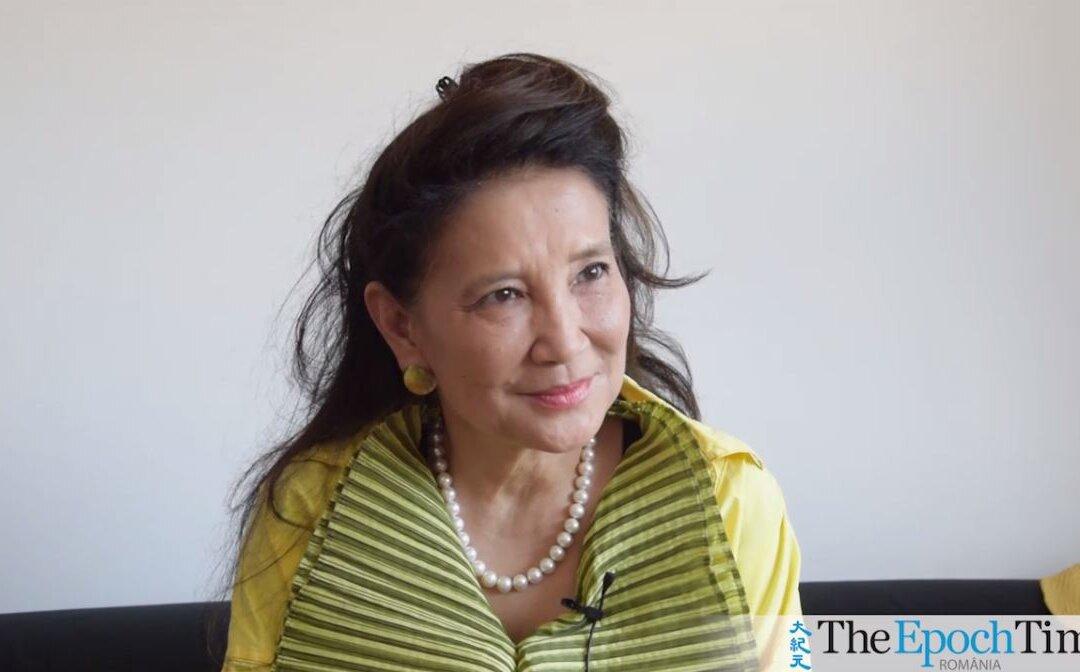Jung Chang always knew she was destined to become a writer, but living in China under the tyranny of Mao Zedong, she said “it was impossible for me to even dream of being a writer.”
Adrian Sturdza from the Romania Epoch Times spoke with Chang about her life, her books, and what inspires her to write.





